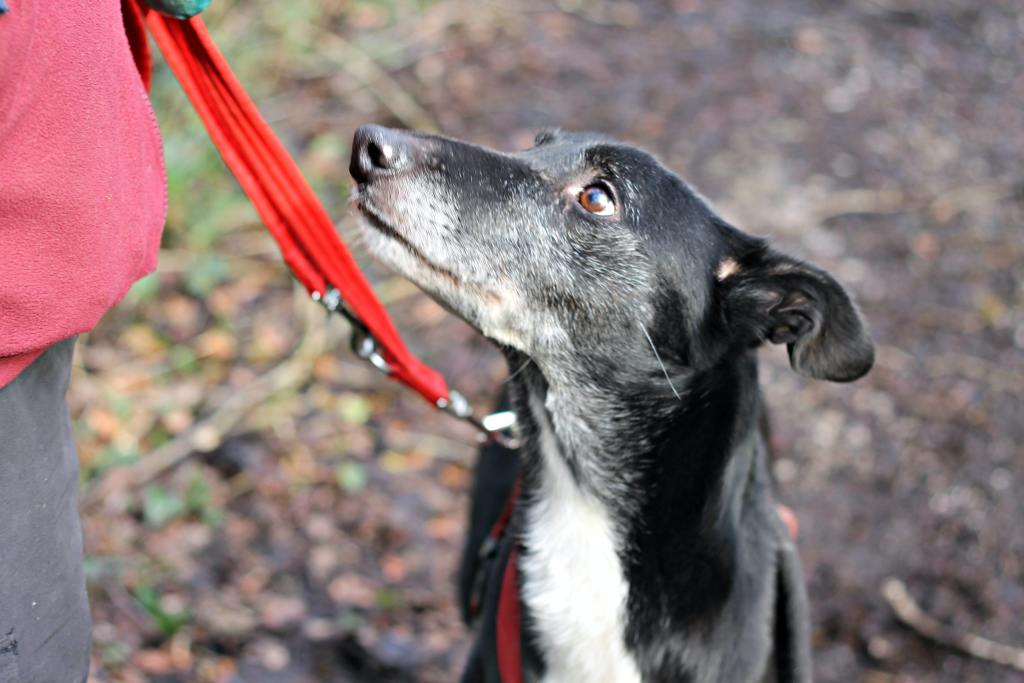Besides mealtime, going for a walk is probably the highlight of your dog’s day. And whether it’s the position of the sun in the sky or the shoes you put on, your dog probably knows when you’re planning to head out the door before you even pick up the leash.
For a variety of reasons, a daily walking routine is a good thing for both of you. But what happens when it becomes … routine? Does your dog get bored with the same sights and smells he encounters along the way? And if so, is there a benefit to changing things up every once in a while? Short answer: yes, experts say — and here are a few reasons why.

The benefits of having a walking routine
First of all, if you aren’t in the habit of taking your dog on a daily walk, it’s time to reconsider. Walking is healthy for both you and your dog for a variety of reasons:
- It’s good exercise. Just like you, your dog needs to burn more calories than he consumes. Obesity is one of the most common health risks for dogs (and humans!), and walking helps maintain a healthy weight.
- It aids digestion. Walking promotes good blood flow, which helps move food more easily through your dog’s digestive tract.
- It promotes good joint health. Not only does walking help maintain a healthy weight, which lowers stress on your pup’s joints, but it also strengthens the muscles and tendons that support those joints.
- It’s mentally stimulating. Your dog’s sense of smell is a big way he learns about his environment. Exposing him to the ever-changing scents outdoors provides mental enrichment he doesn’t get at home.
- It’s good for emotional health. Walking with you just makes your dog happy. Need we say more?

Why a change of pace is good for you and your dog
It may take a little effort to change your daily walking habit, but the rewards are well worth it. Anything new or challenging stimulates your dog’s cognitive abilities. And in addition to good nutrition, mental stimulation is as important for your dog’s brain health as it is for yours.
A dog’s sense of smell tells him a lot about the world around him, so anytime he’s exposed to new surroundings, he learns something new. Experts say a dog’s sense of smell is 10,000 times more acute than humans’; a dog’s nose contains 300 million olfactory receptors, compared with our measly 6 million. And just as we use our eyes to form 3D images, our dogs use their noses. Incredibly, the part of the brain they use to interpret those images is 40 times larger than ours. That means that any time you introduce your dog to a new environment, a big part of his brain engages to help him make sense of all the new things he is smelling.
Now that you understand why a change of pace is healthy for your dog, here are a few ways to add variety to your daily walking routine:
- Let your dog sniff his way around the neighborhood. Wherever his nose leads him is where you follow (with respect to others’ privacy and mindful of your safety, of course).
- Find a new location. Look online for dog-friendly places and neighborhood parks nearby to explore together.
- If it isn’t possible to walk anywhere else, change direction and walk the old route in reverse so you can at least experience the other side of the street.
- Meet up with friends, especially other dog owners who also are looking for a little variety. Not only is this a great way to break the monotony of your regular walking routine, but it’s also a good way to improve your dog’s socialization skills.
To keep your dog’s overall health a top priority, always consult your veterinarian before beginning a new exercise routine. If your pup’s older, walking in a different neighborhood on paved roads might be enough of a change rather than introducing him to a local hiking trail.
Regardless of how you do it, remember, your dog loves spending time with you. When you explore new things together, it strengthens the already strong bond between you. Plus, playing with your dog increases serotonin and dopamine in your brain; exercising with him releases endorphins, which make you feel better. And that just might be the best reason to lace up your shoes, grab the leash, and head out on a new adventure.


